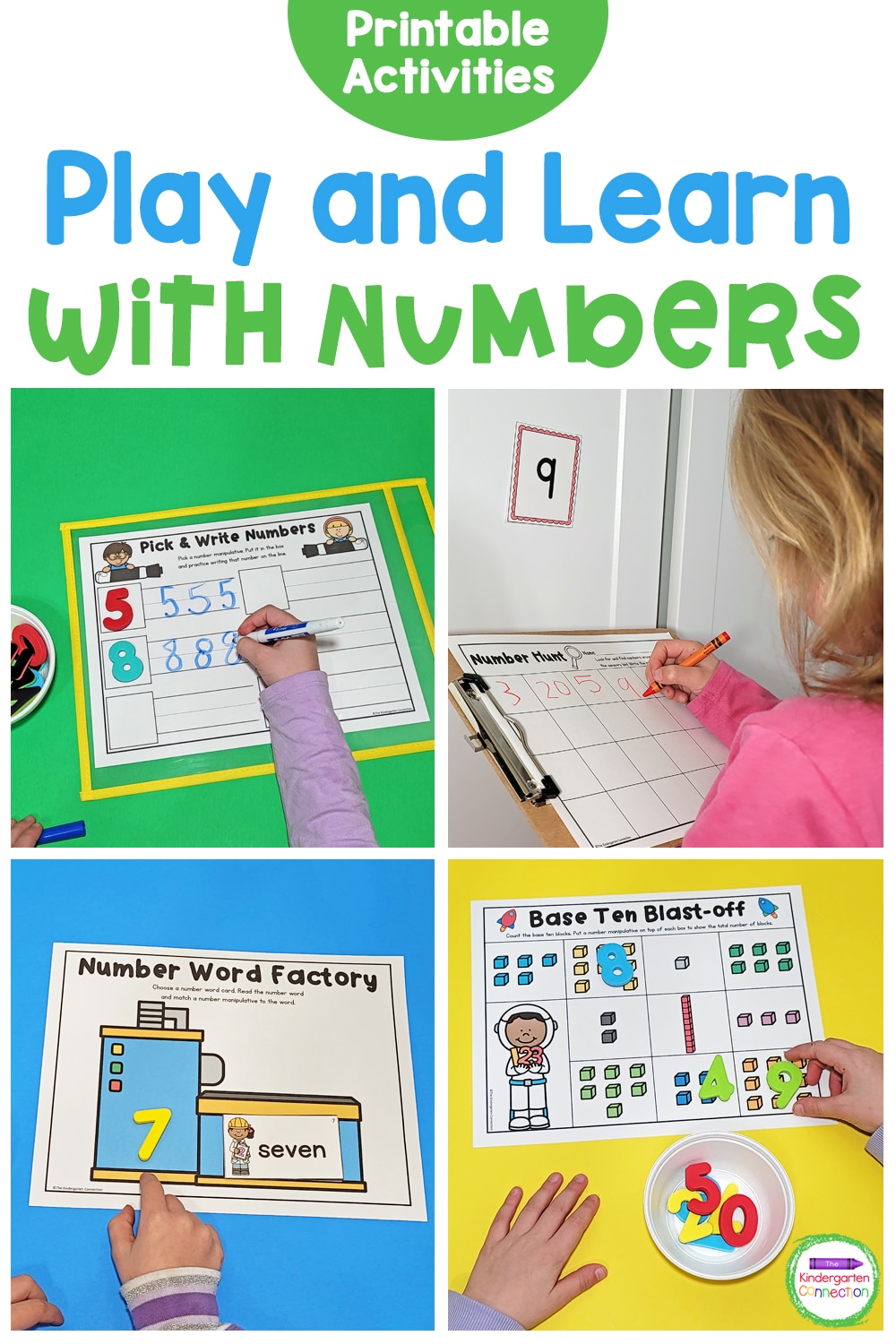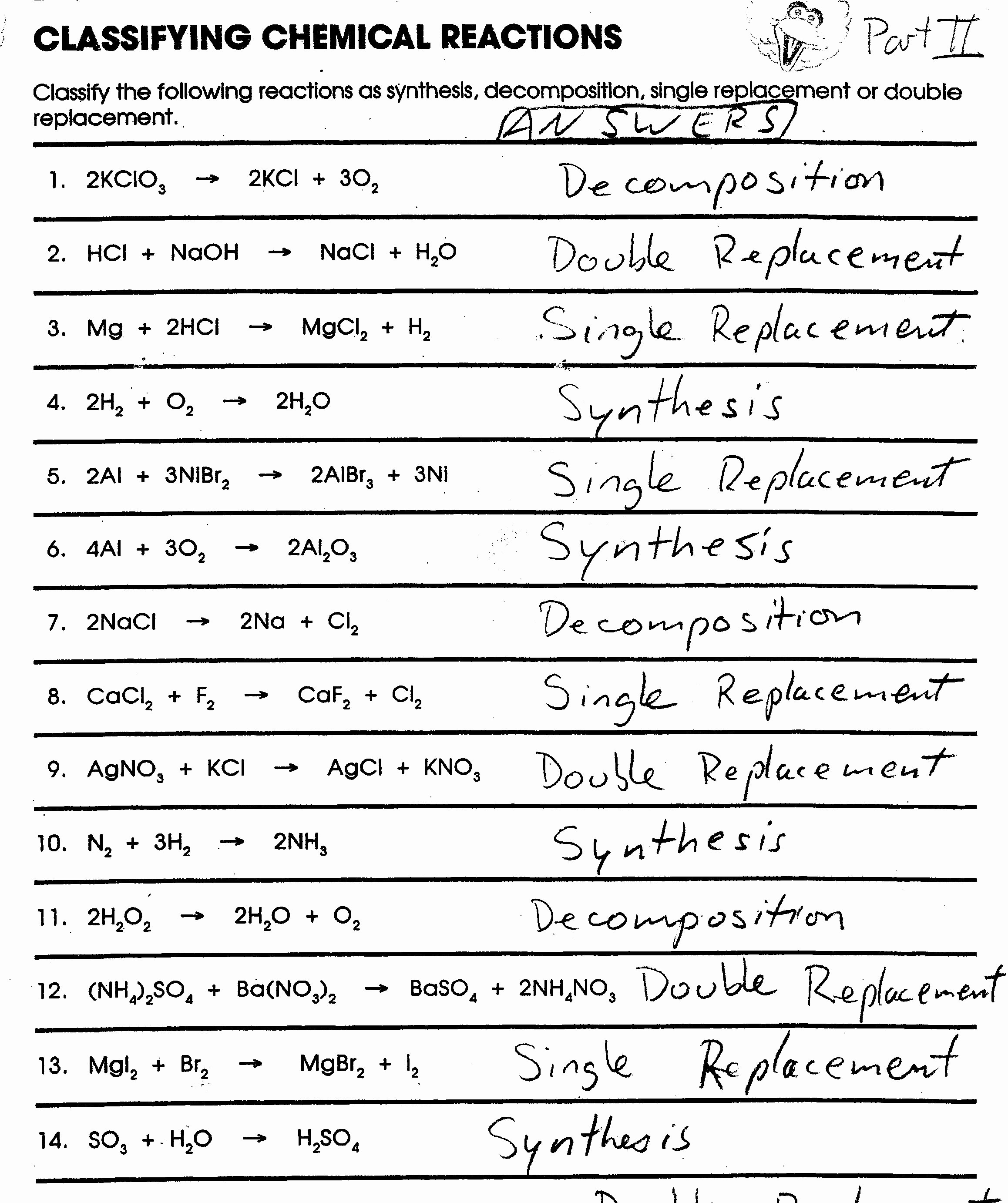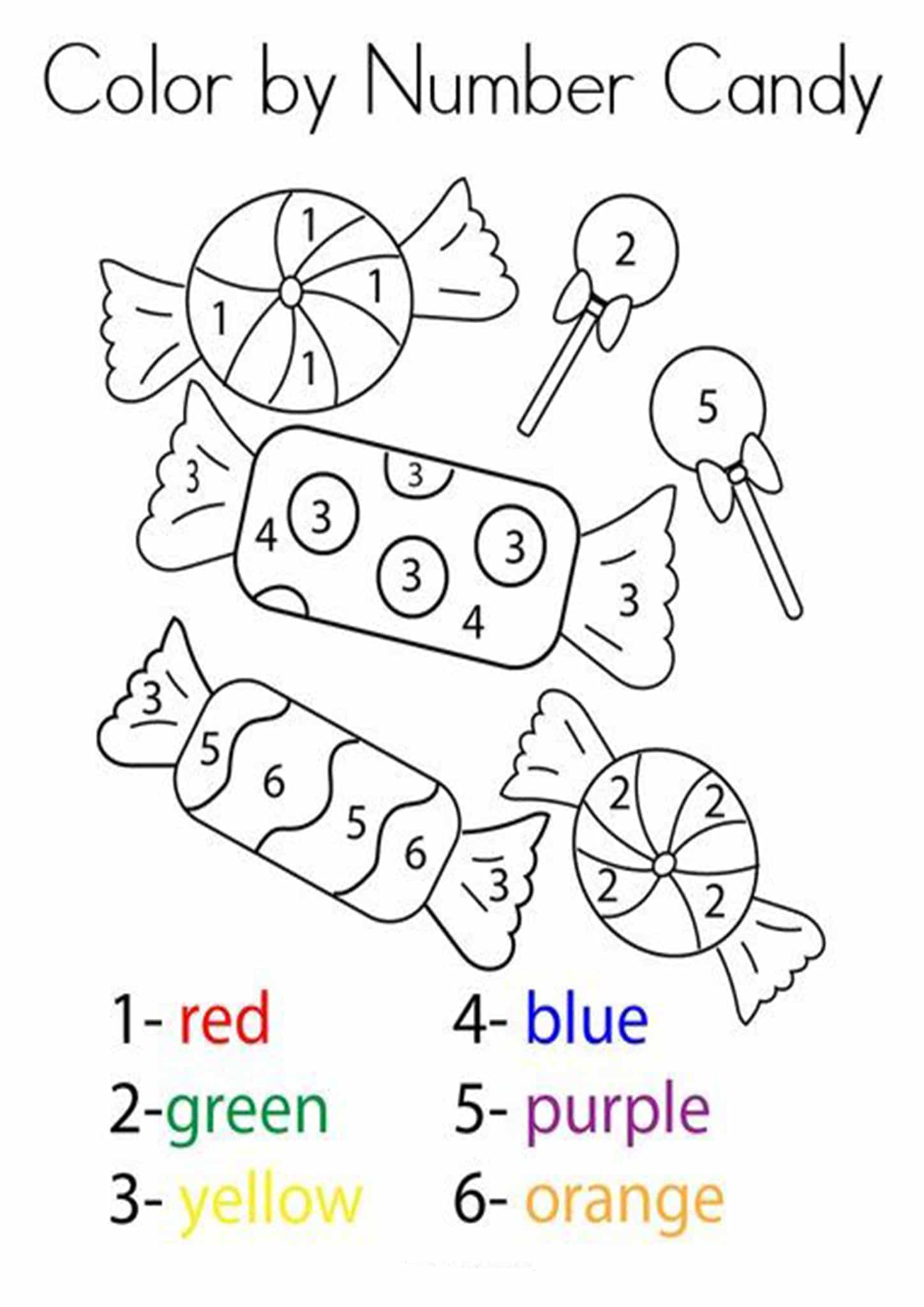5 Fun Phonics Worksheets for Kindergarten
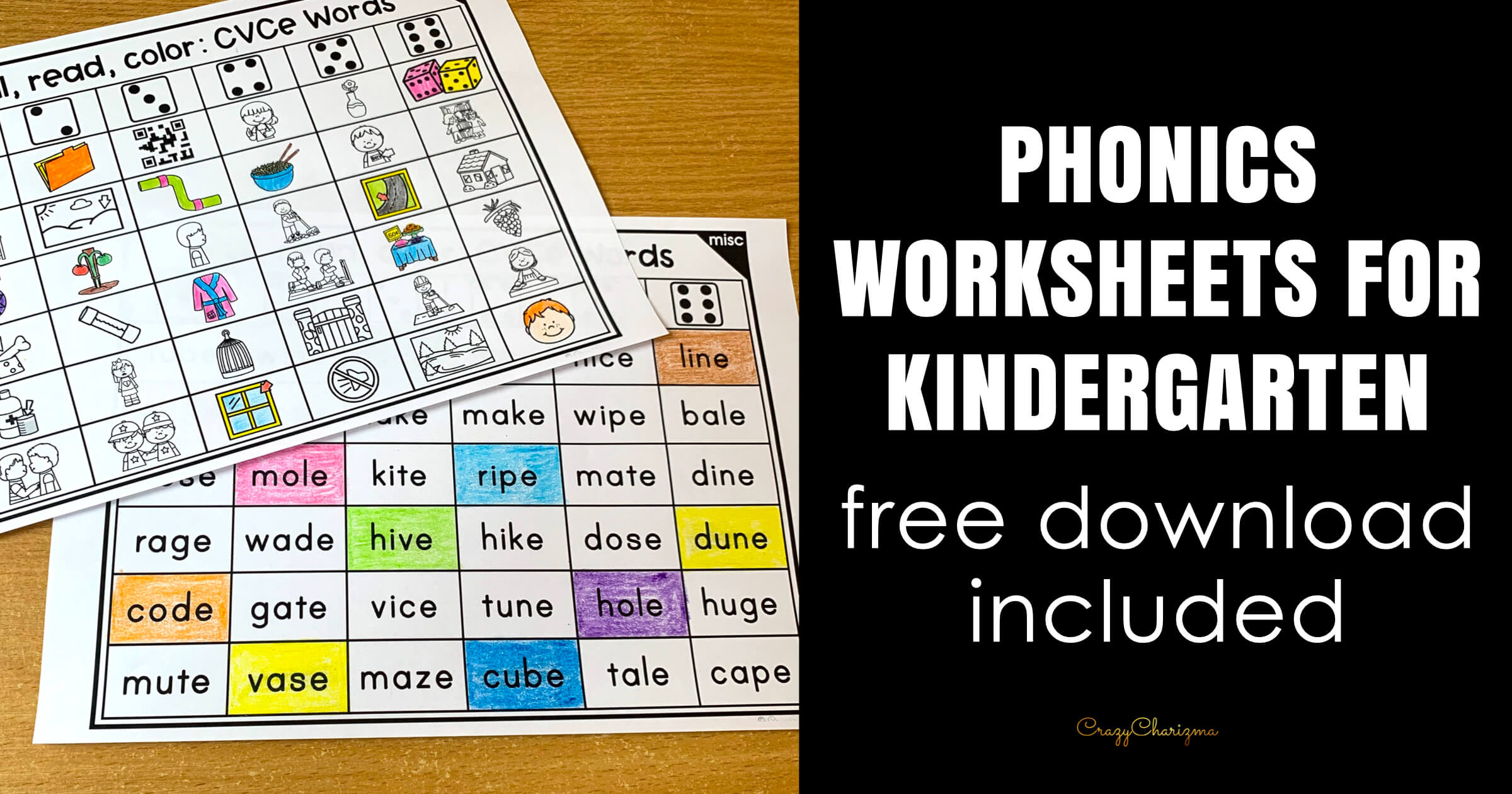
Teaching Phonics to Kindergarteners: A Fun Approach
Phonics is a fundamental skill that kindergarteners need to master to become proficient readers. However, teaching phonics can be a daunting task, especially for young children who are still developing their language skills. The key is to make phonics fun and engaging, so children are excited to learn. In this post, we will explore five fun phonics worksheets for kindergarteners that can help you achieve this goal.
What is Phonics?
Phonics is the relationship between sounds and letters. It’s the ability to hear and manipulate individual sounds in words, which is essential for reading and spelling. Kindergarteners need to develop phonemic awareness, which is the ability to identify and manipulate individual sounds in words.
Why is Phonics Important in Kindergarten?
Phonics is crucial in kindergarten because it lays the foundation for reading and writing skills. When children understand the relationship between sounds and letters, they can decode words, recognize rhyming words, and spell simple words. This, in turn, helps them become confident readers and writers.
5 Fun Phonics Worksheets for Kindergarteners
Here are five fun phonics worksheets that you can use to teach kindergarteners:
1. Phonics Scavenger Hunt
Create a scavenger hunt with pictures or objects that start with a specific sound, such as /k/ or /t/. Hide the pictures or objects around the classroom or playground, and have children find them. When they find an object, they need to say the sound it starts with. This activity develops phonemic awareness and encourages children to listen to individual sounds in words.
2. Rhyming Bingo
Create bingo cards with pictures or words that rhyme, such as cat, hat, and mat. Call out the words, and have children mark the corresponding pictures on their bingo cards. This activity develops phonological awareness and helps children recognize rhyming words.
3. Word Building
Use magnetic letters or letter tiles to build simple words, such as cat or dog. Have children take turns adding or removing letters to change the word. This activity develops phonics skills and encourages children to experiment with word building.
4. Phonics Sorting Game
Create a sorting game with pictures or words that start with different sounds, such as /m/ or /b/. Have children sort the pictures or words into corresponding baskets or categories. This activity develops phonemic awareness and encourages children to listen to individual sounds in words.
5. Sound Matching
Create a sound matching game with pictures or objects that start with the same sound, such as cat and cake. Have children match the pictures or objects that start with the same sound. This activity develops phonological awareness and helps children recognize individual sounds in words.
📝 Note: These worksheets are designed to be fun and engaging, but they should not be used as a replacement for phonics instruction. Make sure to provide explicit phonics instruction and support children's learning with these activities.
Embedding Phonics into Your Kindergarten Curriculum
Embedding phonics into your kindergarten curriculum can be easy and fun. Here are some tips to get you started:
- Use phonics activities as a warm-up or closing activity in your literacy lessons.
- Incorporate phonics into your daily routine, such as during circle time or small group instruction.
- Use phonics games and activities to differentiate instruction and meet the needs of diverse learners.
- Make phonics fun and engaging by using games, songs, and hands-on activities.
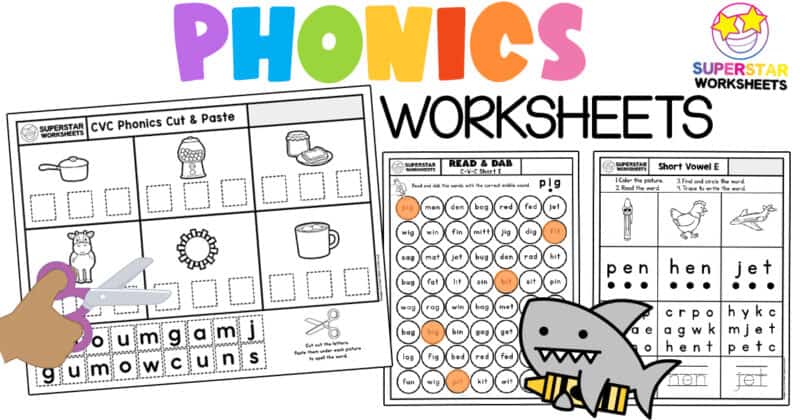
| Phonics Activity | Age Group | Objectives |
|---|---|---|
| Phonics Scavenger Hunt | Kindergarten | Develops phonemic awareness and encourages children to listen to individual sounds in words. |
| Rhyming Bingo | Kindergarten | Develops phonological awareness and helps children recognize rhyming words. |
| Word Building | Kindergarten | Develops phonics skills and encourages children to experiment with word building. |
| Phonics Sorting Game | Kindergarten | Develops phonemic awareness and encourages children to listen to individual sounds in words. |
| Sound Matching | Kindergarten | Develops phonological awareness and helps children recognize individual sounds in words. |
By incorporating these fun phonics worksheets into your kindergarten curriculum, you can help your students develop the phonics skills they need to become confident readers and writers. Remember to make phonics fun and engaging, and to provide explicit phonics instruction to support children’s learning.
In the end, teaching phonics to kindergarteners is all about making it fun and engaging. By using games, activities, and hands-on exercises, you can help your students develop the phonics skills they need to succeed in reading and writing. So, don’t be afraid to get creative and try new things – your students will thank you!
What is phonics, and why is it important in kindergarten?
+Phonics is the relationship between sounds and letters. It’s essential in kindergarten because it lays the foundation for reading and writing skills. When children understand the relationship between sounds and letters, they can decode words, recognize rhyming words, and spell simple words.
How can I make phonics fun and engaging for kindergarteners?
+You can make phonics fun and engaging by using games, activities, and hands-on exercises. Try using phonics scavenger hunts, rhyming bingo, word building, phonics sorting games, and sound matching activities to make phonics fun and interactive.
How can I embed phonics into my kindergarten curriculum?
+You can embed phonics into your kindergarten curriculum by using phonics activities as a warm-up or closing activity in your literacy lessons. You can also incorporate phonics into your daily routine, such as during circle time or small group instruction.
